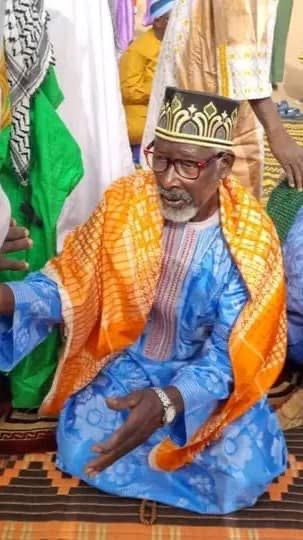By Lamin Fatty
A regional tribunal in the Upper River Region has ruled in favour of Jenung Bah in a long-standing and contentious land dispute with local Alkalo Foday Jallow, bringing a decisive end to a case that has stirred tensions in the village of Sare Ngai for over a year.
The Group Tribunal, composed of three chiefs and six tribunal members, delivered its ruling on Saturday, May 17, following a comprehensive hearing that included field visits and nearly 20 witness testimonies. The case, which centres on the ownership of farmland, was initially filed on June 1, 2024, but was postponed to allow both parties to continue farming during the rainy season. Proceedings resumed in earnest on May 15, 2025.
Throughout the trial, Bah, the plaintiff, called eleven witnesses, while Jallow, the defendant, brought forward eight. All witnesses testified under oath.
In a judgment that relied heavily on oral testimonies, local history, and observations from the tribunal’s visit to the disputed land, the panel sided with Bah. The tribunal found that Bah and his late father, Handel Bah, had maintained control and usage rights over the land for more than five decades, lending plots to others without challenge.
“The land disputed has been under the direct control of the plaintiff from his father for over fifty years,” the ruling stated. “They were solely responsible for lending these lands to people for farming activities, and no one ever questioned or dared their authority.”
The tribunal outlined several key findings in its decision. It acknowledged that Sare Hamadi, where Bah’s father first settled, predates Sare Ngai — a historical detail that was uncontested by both sides. It also noted that Bah’s witnesses, who hailed from multiple villages and ranged in age from 34 to 95, consistently testified that they had received land access from Handel Bah and later from his son, Jenung.
By contrast, the tribunal observed that Jallow’s witnesses were closely related to him, and many had only recently returned to Gambia after years of farming in neighbouring Senegal — a situation that, according to the tribunal, weakened the credibility of their land claims. The panel further found that while the defendant claimed Bah was merely a trustee of his family’s land, a site visit revealed that Jallow and his relatives already control large tracts of land independently, with no evidence of oversight by Bah.
“Over fifty years is indeed a long time for one to solely control land on behalf of someone without intervention from the owner(s),” the tribunal wrote. “The defendant failed to convince the court beyond a reasonable doubt.”
The tribunal’s ruling concluded that the disputed farmland legally belonged to Jenung Bah and issued orders affirming his rights.
Land disputes in rural Gambia are often adjudicated by traditional tribunals composed of local chiefs and elders.


















